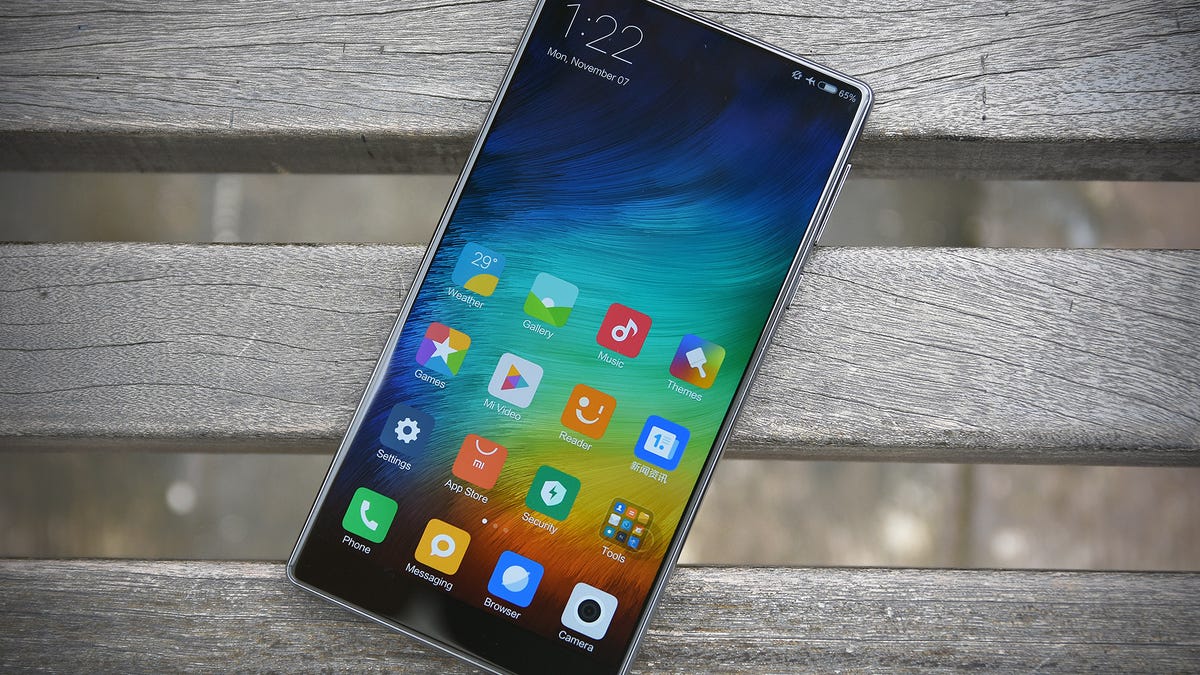Apple beats 'the Apple of China' in China
Xiaomi has fallen from the top spot to No. 5 in just one year, while Apple sees some slippage of its own.
Xiaomi was China's hottest phone brand in 2014 and '15, but it couldn't maintain the momentum in 2016.
Shipping 41.5 million smartphones, the company once known as " the Apple of China" was the No. 5 brand in China last year, according to market researcher IDC. It was edged out by the actual Apple, which at No. 4 shipped 44.9 million iPhones to China, the world's largest phone market.
Both companies dipped in shipments this year. Apple dropped from 58.4 million iPhones in 2015 and Xiaomi from 64 million Mi phones, drops of 23 percent and 36 percent, respectively.
The big winner was Oppo, which shipped 78.4 million phones -- more than double the 35.4 million it shipped in 2015. Huawei came in at second, shipping 76 million phones, while Vivo managed to almost double its shipments, going from 35 million in 2015 to 69 million last year.
Apple's drop in shipments comes despite hard work by the iPhone maker to get a better grip on the Chinese market. The company in 2016 revealed it had opened a research center in Shenzen, showed off China-focused features for its iOS 10 software during the operating system's unveiling and in May invested $1 billion in Didi Chuxing, China's Uber, possibly part of an attempt to butter up the Chinese government.
IDC said Apple's decline likely wasn't so much a matter of what Chinese companies have done, but rather that Chinese consumers are holding out for Apple's 10-year anniversary iPhone.
Xiaomi, meanwhile, looks to be foregoing a US expansion and is instead doubling down on China and developing markets like Brazil.
Originally gaining popularity for its quality-on-a-budget phones and online flash sales, the company has struggled to keep up with a gang of new competitors who've adopted those same tactics. Xiaomi, which just lost high-profile exec Hugo Barra to Silicon Valley, has recently diversified with a more premium-quality phone in the Mi Mix.
Batteries Not Included: The CNET team shares experiences that remind us why tech stuff is cool.
CNET Magazine: Check out a sampling of the stories you'll find in CNET's newsstand edition.


